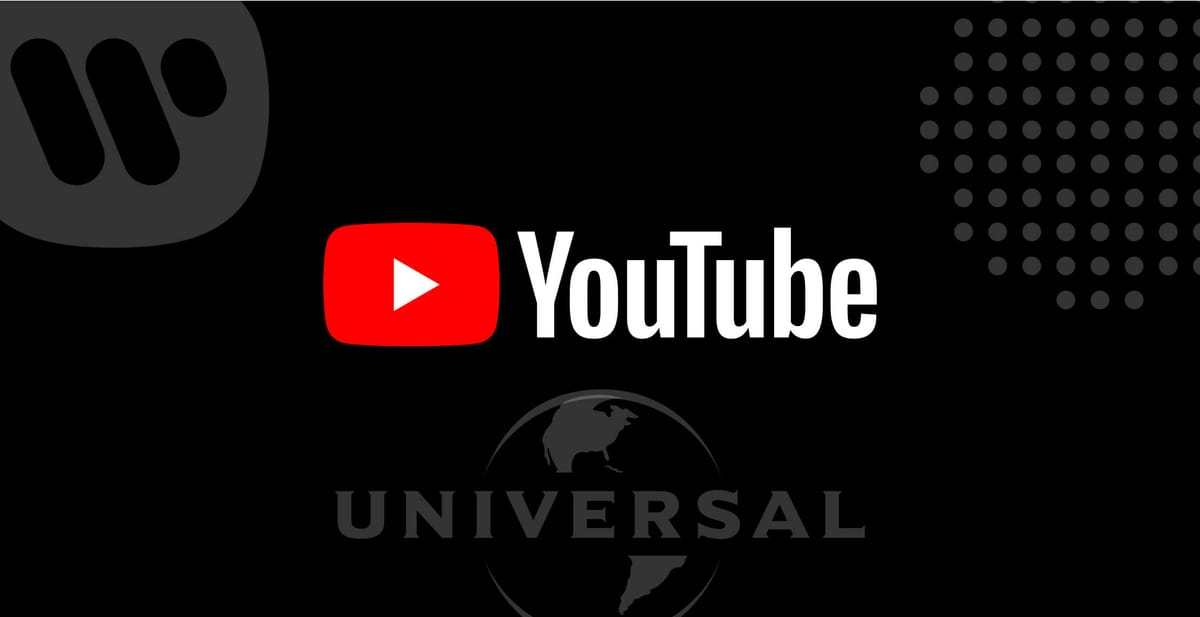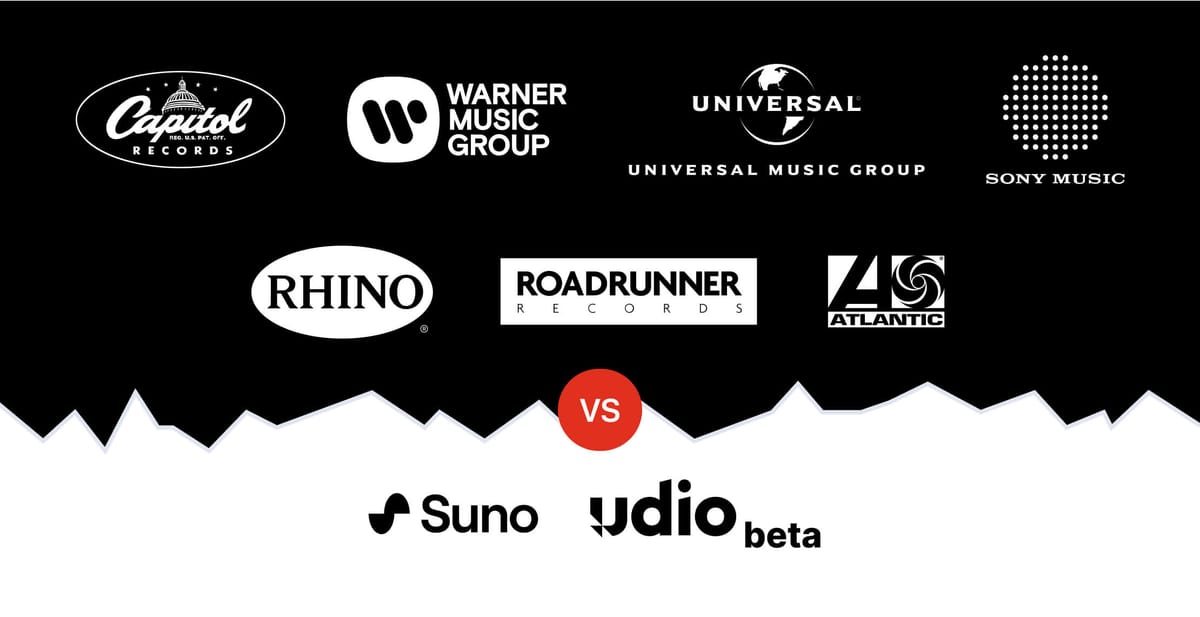
YouTube is reportedly engaged in high-stakes negotiations with major record labels to expand its AI-powered music generation capabilities. The talks, which involve industry giants Sony, Warner, and Universal, aim to secure licensing deals that would allow YouTube to train AI models on a broader range of artists' music.
YouTube's pitch to labels aren't typical licensing agreements. Rather than blanket licenses, they would apply to select groups of artists, with labels responsible for encouraging participation. The financial terms are still under negotiation, but they are expected to resemble one-time payments similar to those made by social media companies for music access, rather than the royalty-based models used by streaming services.
Despite the potential financial incentives, many artists and their representatives remain wary. The fear is that AI-generated music could devalue their work and undermine their creative control. In April, over 200 musicians, including Billie Eilish and the estate of Frank Sinatra, signed an open letter expressing concerns about the impact of AI on their industry.
The timing is critical. Just days ago, the Recording Industry Association of America (RIAA) sued AI music startups Suno and Udio for copyright infringement, seeking up to $150,000 per violated work.

The outcome of these talks could set a precedent for AI's role in music. It may determine how AI and music copyright coexist going forward, potentially reshaping how music is created and distributed in the AI era.
For now, all parties are navigating new territory, trying to balance innovation with creative rights protection. As one insider put it, "We're figuring out the rules for AI in music as we go."


